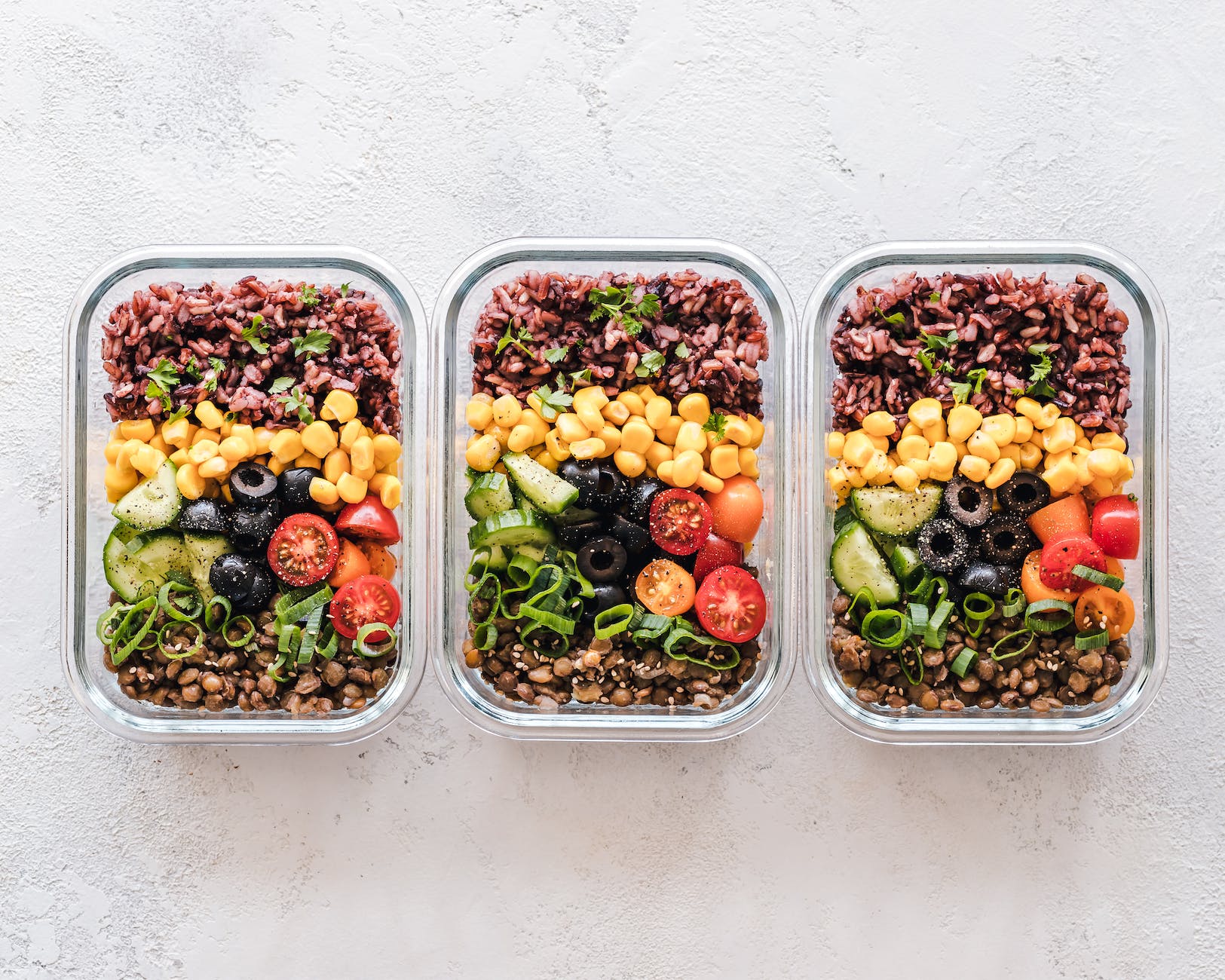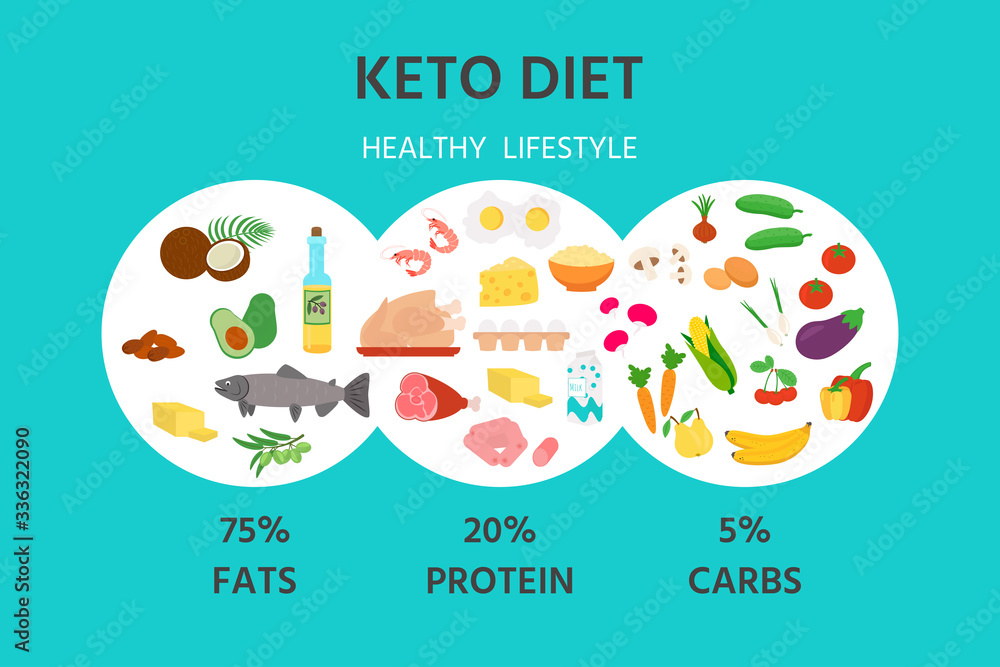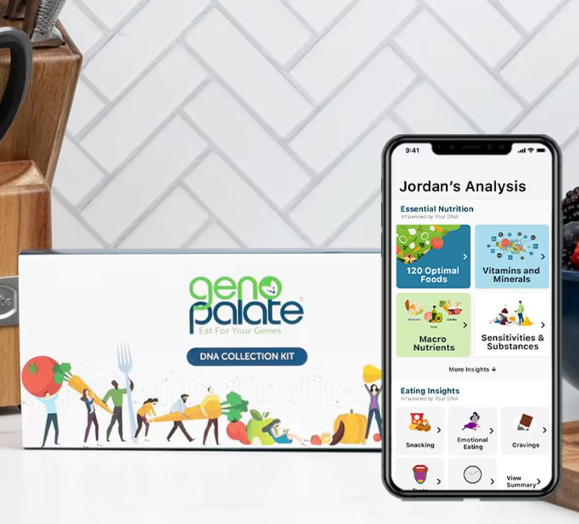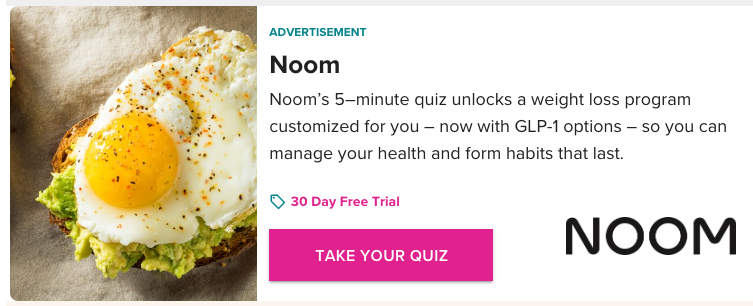
You are what You Eat!
Haven’t we all heard this exact phrase before?
The dynamic world of diets is constantly evolving, making it hard to keep up with the latest trends in healthy eating. From groundbreaking innovations to infamous diet fads, and prevalent misconceptions, the concept of what constitutes a healthy diet is reshaped by new research and public opinion. As the saying goes, “you are what you eat”, hence understanding the intricacies of dietary habits is not just about losing weight, but also about maintaining a balanced life, full of energy and vitality.

Food for Thought
– A high-sodium diet can increase the frequency of migraine attacks
– Processed Foods tend to be high in sodium
– Fasting, Cured Meats, Citrus, Caffeine, and Alcohol are ALL triggers of Migraines
Understanding the Latest Diet Trends
Navigating the continually changing diet landscape can be both exciting and daunting. Some of the most discussed diets today include the Keto diet, Intermittent fasting, and Plant-based diets. The Keto diet involves a high intake of fats coupled with low carbohydrate consumption. This encourages the body to rely on fats for energy, instead of carbohydrates. Intermittent fasting, meanwhile, incorporates cycles of eating and fasting, which some find easier to follow compared to strict calorie counting.
Plant-based diets, gaining popularity for their potential health and environmental benefits, limit or eliminate animal-derived products. The most rigorous form, the vegan diet, completely excludes animal products. Each of these diets is credited with health improvements and weight loss, but it’s essential to customize them to fit individual health conditions and lifestyle needs.
As you explore these trends, remember that while they may be popular, they aren’t necessarily suited for everyone. Personalizing your diet to cater to your specific needs is crucial, and when in doubt, consult with a nutritionist or healthcare professional. This will ensure that you are making the best choices for your health and well-being, rather than simply following the latest diet trend.

The Keto Diet in Bullets:
- High Fat: 70-80% of daily calories from fat sources like avocados, olive oil, nuts, and fatty fish.
- Moderate Protein: 20-25% of daily calories from protein sources like meat, poultry, and eggs.
- Very Low Carb: 5-10% of daily calories from carbs, excluding fiber. This means severely limiting grains, sugary drinks, and most fruits.
Goals:
- Shift into Ketosis: When carb intake is low, the body burns fat for energy instead of glucose, leading to ketosis.
- Weight Loss: Ketosis may boost metabolism and reduce appetite, potentially aiding weight loss.
- Other Benefits: Potential benefits include improved blood sugar control, reduced risk of certain diseases, and increased mental clarity (research is ongoing).
Foods to Eat:
- Meat and Poultry: Unprocessed options like chicken, beef, pork, and turkey.
- Fatty Fish: Salmon, tuna, mackerel, and sardines.
- Eggs: A versatile and affordable protein source.
- Full-Fat Dairy: Cheese, heavy cream, and yogurt (if tolerated).
- Non-Starchy Vegetables: Leafy greens, broccoli, asparagus, and cauliflower.
- Healthy Fats: Avocados, olive oil, nuts, and seeds.

Foods to Avoid:
- Grains: Bread, pasta, rice, cereal, and crackers.
- Sugary Drinks: Soda, juice, and sweetened coffee/tea.
- Starchy Fruits: Bananas, grapes, apples, and mangoes.
- Legumes: Beans, lentils, and peas.
- Sugary Desserts: Cakes, cookies, ice cream, and candy.
- Highly Processed Foods: Packaged snacks, fast food, and sugary condiments.
Does everyone remember the thigh master? What about the Cellulite and Fat Treatment Machine?
In this age of technological advancement, we’re seeing the digital revolution impacting our plates. It’s fascinating how technology is weaving its way into our eating habits and redefining our relationship with food. The innovative tools, from mobile apps that count your calories and track nutritional intake, to genetically engineered foods that optimize nutrient content, are progressively revolutionizing the food landscape.

Consider the advent of personalized nutrition plans tailored based on your DNA. Yes, it sounds futuristic, but it’s happening right now! This novel approach to dieting allows for recommendations that align with our unique genetic predispositions, making our diets truly our own. This not only helps us understand our bodies better but also aids in optimizing our health in the most effective way.
Similarly, the rising trend of plant-based meat substitutes is a testament to innovation in dietary habits. These meat alternatives simulate the taste, texture, and even the nutritional profile of actual meat, sans the negative health implications linked to red meat consumption. Whether you’re a vegetarian, vegan, or simply a conscious meat-eater, this breakthrough is revolutionizing the way we perceive and consume meat.
It’s thrilling to see how science and technology are pushing boundaries and transforming our kitchens. However, as with any innovation, it’s important to be cautious and make informed decisions. As these technological wonders continue to evolve, keeping abreast with their potential implications will ensure we navigate this dynamic world of diets effectively. After all, our goal is to enhance our health and wellness, and not just to ride the wave of the latest trend. So let’s continue to learn, adapt, and innovate, and let our eating habits reflect not just our health goals, but also our commitment to living consciously and sustainably.
Unraveling Diet Fads

The desire for immediate results in weight loss often leads us down the path of diet pills and passing diet trends. These “quick fixes” are typically characterized by their fleeting nature and potential risks to our health. Take the “Detox Diet“, for instance. This diet promotes severe calorie restriction and the consumption of specific juices to detoxify the body. However, this approach lacks scientific validation and can result in a wide range of nutrient deficiencies.

Another trendy fad is the “Cabbage Soup Diet“, which guarantees swift weight loss. However, the repetitiveness of this diet often results in a lack of motivation and the eventual resumption of previous eating habits. While the appeal of rapid weight loss is strong, it’s crucial to remember that achieving sustainable weight loss is not a sprint; it’s a marathon.
It’s also important to be aware that many diet pills on the market promise a lot but deliver little, and can sometimes have adverse effects. These pills may offer temporary weight loss, but it’s typically water weight, and the lost pounds often return once you stop taking the pills. Worse still, some diet pills can cause serious health issues, such as high blood pressure, liver damage, and heart problems.
Navigating the world of diet fads can be confusing, and sometimes detrimental to our health. It’s vital to stay informed and make sure any dietary changes you make are backed by scientific research and compatible with your individual health needs and lifestyle. If you’re considering trying a new diet or weight loss supplement, it’s always a good idea to consult a healthcare provider or a registered dietitian to ensure it’s a safe and effective choice for you.
Debunking Misconceptions about Healthy Eating
Understanding healthy eating can be complicated by numerous myths and misconceptions, clouding the clarity on what genuinely benefits our well-being. One prevalent fallacy is the “fat is bad” belief. This overgeneralized assumption fails to distinguish between the different types of fats. While it’s true that trans fats and saturated fats, found in fried and processed foods, can be harmful to your heart health, there are good fats too. Monounsaturated and polyunsaturated fats, which are abundant in avocados, fatty fish, and nuts, can significantly improve heart health and provide other benefits.
Another misconception is the notion that “calories are calories”, regardless of their source. The truth, however, is that not all calories are created equal. Consider this: 500 calories derived from a fast food burger will have a much different impact on your health, energy levels, and feelings of fullness than 500 calories from a nutrient-dense, whole food meal of lean proteins, vegetables, and whole grains. The source of your calories matters immensely, impacting not just your weight, but also your overall health and wellbeing.
A popular misconception is the belief that skipping meals can help you lose weight. In reality, skipping meals can lead to extreme hunger and often results in overeating later. Instead, consuming smaller, balanced meals throughout the day can keep your metabolism active and reduce the likelihood of binge eating.
Another widespread myth is the assumption that all vegetarian diets are healthy. While a well-planned vegetarian diet can be exceptionally healthy, an unplanned one could lead to nutrient deficiencies. For instance, simply removing meat from your diet without substituting it with other protein sources can leave you deficient in vital nutrients.
Decoding these misconceptions can empower us to make healthier food choices and develop a comprehensive understanding of a truly balanced diet. In the end, it’s not just about following a certain diet trend or a quick fix solution, but about establishing sustainable eating habits that contribute to overall health and wellbeing.
Embracing a Passionate, Relentless Pursuit of Health
Healthy eating is more than just a regimen—it’s a lifestyle, an endless journey towards optimal wellness. It’s about striking the right balance, consuming a diverse range of nutrient-rich foods to fuel our bodies, keep us energized, and maintain optimal health. A wholesome diet doesn’t mean eliminating certain foods or sticking to the latest dietary fads, but focusing on a variety of foods that offer a wide spectrum of nutrients.
Nutrition is crucial, but let’s not forget that food also serves as a source of joy, solace, and even stress relief. There are certain foods, such as dark chocolate, bananas, and berries, that can help lift our spirits and combat stress. They’re not just mood boosters but nutrient powerhouses too, proving that eating well and feeling good can go hand in hand.

Whether you follow a vegan lifestyle, you’re a keto enthusiast, or you simply love your greens, the goal remains the same: to nourish our bodies effectively. A well-rounded diet is one that provides the nutrients we need, caters to our taste buds, and aligns with our personal beliefs and values.
But let’s not forget that health is not solely dependent on what we eat. It’s also influenced by our activity levels, sleep patterns, stress management, and overall lifestyle. Embracing a passionate, relentless pursuit of health means understanding this intricate balance and making choices that are sustainable and enjoyable, rather than temporary and restrictive.
Let’s take the first step today, not to start another diet, but to foster healthier eating habits, to make more informed food choices, and to cultivate a deeper understanding and appreciation of the incredible impact that food has on our health and happiness. After all, we only have one body, let’s fuel it right!
Share the Post:







1 thought on “Diet Trends: Navigating the World of Nutrition”
a004yi